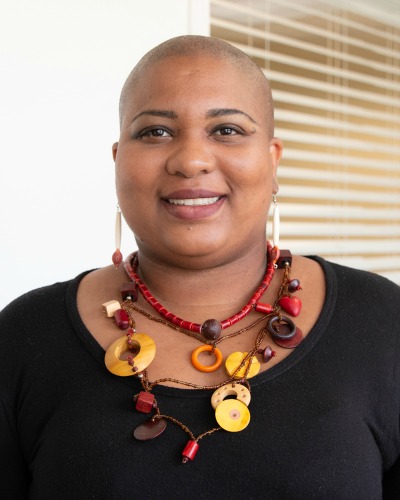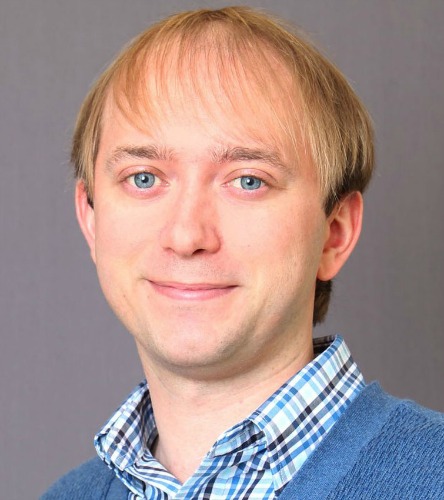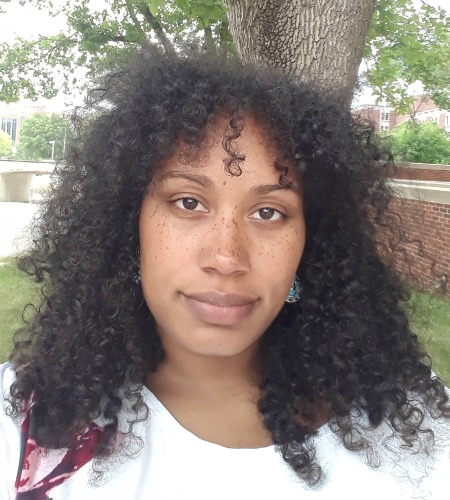Today, the Digital Library Federation (DLF) named three distinguished fellows in the pilot year of a new DLF Futures fellowship program. This program offers financial support and a communications platform for mid-career digital library practitioners whose projects and areas of research open up new, perhaps unexpected possibilities and future directions for the field.
DLF’s 2018-19 Futures Fellows are Ana Ndumu of the University of Maryland College of Information, Santi Thompson of the University of Houston Libraries, and Hannah Scates Kettler of the University of Iowa Libraries. Through the course of the fellowship year, Ndumu, Thompson, and Scates Kettler will undertake projects that explore topics as diverse as the fostering of organizational partnerships between iSchools and historically black colleges and universities; more nuanced ways to measure and assess the transformative reuse of digital library content; and future applications for 3D cultural heritage visualization.
DLF director Bethany Nowviskie said, “We’re delighted to launch the DLF Futures fellowship program with awards to three people whose work we admire so much. It will be a great pleasure to follow their progress and see the paths they chart for the Digital Library Federation community.”
“We extend our thanks to Ana, Hannah, and Santi for taking part in the first year of an exciting new program. Each of them brings so much possibility to this new model of support,” added Becca Quon, DLF program associate for advancement and awards. “We know they’ll run with the fellowship, and DLF is excited to cheer them on as they do.”
About the DLF Futures Fellows:

Ana Ndumu is a postdoctoral researcher at the University of Maryland´s College of Information, or iSchool. Her research explores the intersection of libraries, information, and demography. As a DLF Futures Fellow, she will develop an evidence-based framework for fostering partnerships between library and information science (LIS) programs and historically black colleges and universities (HBCUs). Ana recently completed her Ph.D. in Information at Florida State University´s School of Information.

Santi Thompson is head of Digital Research Services at the University of Houston Libraries, where he develops policies and workflows for the digital components of scholarly communications. He publishes on the assessment of digital repository metadata, software, and content reuse, and serves as co-facilitator for the DLF Assessment Interest Group (AIG). Santi will use fellowship resources to continue researching and presenting on the reuse of digital library content, building on the success of the DLF AIG’s recent IMLS grant, “Developing a Framework for Measuring Reuse of Digital Objects,” for which he served as PI.

Hannah Scates Kettler is a digital humanities research & instruction librarian at the University of Iowa’s Digital Scholarship & Publishing Studio. Her research interests include cultural heritage representation in digital libraries, with a particular focus on 3D virtual heritage collections. As a DLF Futures Fellow, Scates Kettler will continue to explore the potential of digital library infrastructure to support 3D research, access, and dissemination by extending her past work on developing best practices for 3D data preservation.
The DLF Futures Fellowship pilot is funded through the generous support of Digital Library Federation member organizations.
DLF is an international network of member institutions and a robust community of practice, advancing research, learning, social justice, and the public good through the creative design and wise application of digital library technologies. It is a program of CLIR, the Council on Library and Information Resources — an independent, nonprofit organization that forges strategies to enhance research, teaching, and learning environments in collaboration with libraries, cultural institutions, and communities of higher learning. CLIR promotes forward-looking collaborative solutions that transcend disciplinary, institutional, professional, and geographic boundaries in support of the public good.
